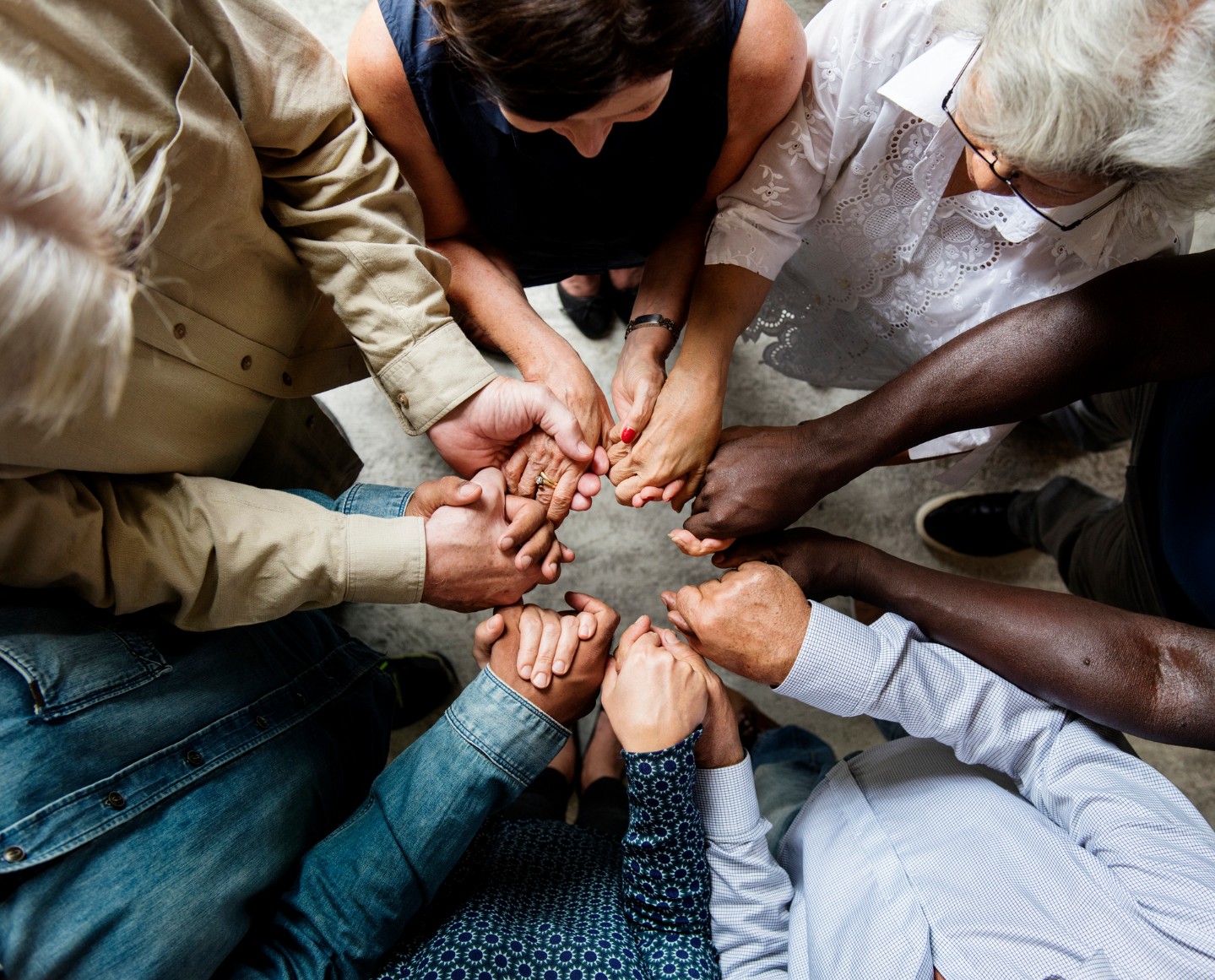The Silent Threat: Radon and Lung Cancer in Non-Smokers
NOV 03, 2025Radon is the number one cause of lung cancer in non-smokers and the second leading cause overall, right behind smoking.
Read More
Talk about unsung heroes. Caregivers are challenged with developing new skills and performing new tasks due to a loved one’s cancer diagnosis – while also dealing with the emotional side of the cancer experience. Oncology Social Workers know this because we see it firsthand.
That’s why we’re always asking ourselves how we can help patients -- and caregivers -- more. Our refrain is: “Our patients didn’t ask for their cancer diagnosis, but neither did their caregivers.” The message we give to families is: “The patient is our concern but caregivers are just as much a priority.”
Part of what we do is teaching caregivers about their new role and providing tools that offset caregiver burnout and promote self-care. We realize if we do not educate and support the cancer caregiver – to empower them in this new role – this will affect patient compliance and impair their ability to complete their treatment, deal with their side effects and keep their schedules of lab work, treatment and follow-up medical appointments.
A desire to do even more to support and empower cancer caregivers was the catalyst for the idea to create a cancer support group focused specifically on cancer caregivers. The Community Cancer Caregiver support group was conceived as a space for sharing ideas and support around the issues cancer caregivers face. It would serve caregivers throughout the community regardless of their treatment site.
Response to the idea was unanimous among oncology social workers throughout Omaha. All were interested in joining this project. A planning meeting was held with oncology social workers from Nebraska Medicine, Omaha VA Medical Center, Methodist Estabrooks Cancer Center and the CHI Health Cancer Center Program. All joined forces to discuss a collaborative Community Cancer Caregiver support group that would serve cancer caregivers throughout the Omaha and surrounding areas.
We are fortunate in Omaha to have a very strong oncology social work community. For over 30 years oncology social workers from Omaha have worked together to create programs and services for cancer patients and families. Our lessons learned from working together with our colleagues from other health systems support the notion that this collaboration will serve to reach more caregivers and impact exponentially more cancer survivors.
Together, plans were made to have the first Cancer Caregiver Support Group meeting in May, and to have an evaluation tool for attendees to gather input as to desired frequency of this support group. Unfortunately this support group, like all CHI Health programs, is on hold indefinitely because of COVID-19. We look forward to rescheduling this program in the near future.
When we are again able to hold meetings, we expect the structure of the group to be a traditional support group style with facilitated discussion among attendees around issues related to their role as cancer caregivers. Our plan is to use podcasts and short videos to introduce a topic for discussion and supply a jumping off point for attendee discussion.
That discussion is invaluable, because we recognize that cancer survivors and cancer caregivers are our “experts on the ground.” Their support, ideas and sharing of their strengths, weaknesses (or new skills or skills in training) and “lessons learned” are invaluable to other caregivers.
We look forward to the near future when we can launch the Cancer Caregiver Support Group for these “unsung heroes.” Together we will gather and share with one another challenges and strengths to help each other with this role -- a role they didn’t choose but in which they that they find themselves.

Radon is the number one cause of lung cancer in non-smokers and the second leading cause overall, right behind smoking.
Read More
A Nurse Practitioner answers your essential mammogram questions. Understand timing, prep, the procedure, callbacks, and financial options.
Read More
Radiotherapy is a finely tuned, powerful partner that can work with your surgery to give you the best possible outcome for breast cancer.
Read MoreWhen you need local health information from a trusted source, turn to the CHI Health Better You eNewsletter.